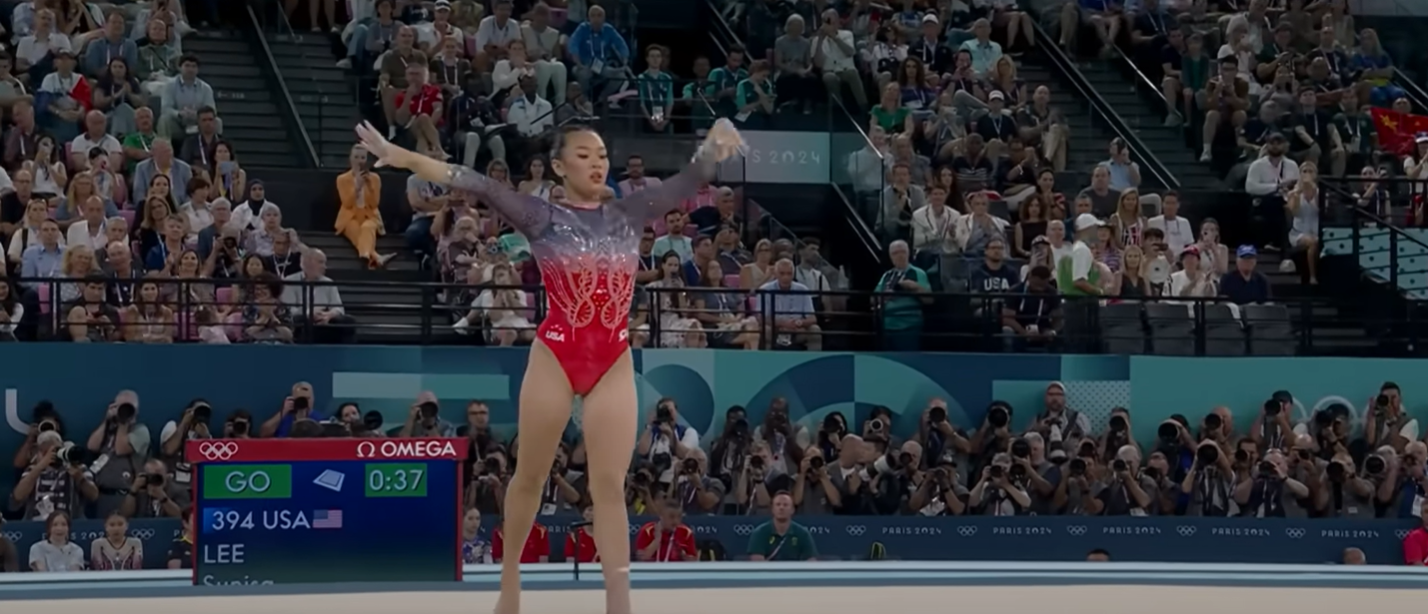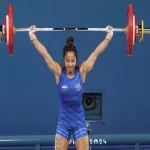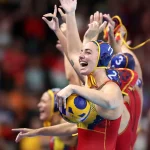Artistic gymnastics is a discipline of gymnastics where athletes perform short routines on various apparatuses, showcasing strength, flexibility, agility, and artistry. The sport is divided into men’s and women’s events, with different apparatuses for each:
- Men’s events: Floor exercise, pommel horse, still rings, vault, parallel bars, and horizontal bar.
- Women’s events: Vault, uneven bars, balance beam, and floor exercise.
Artistic Gymnastics Popular in the Global Sports Market?
- Spectacle and Aesthetic Appeal:
- Artistic gymnastics combines athleticism with grace, making it visually captivating. The precision, power, and elegance of gymnasts’ movements appeal to a wide audience.
- Olympic Prestige:
- As one of the cornerstone sports of the Olympic Games, artistic gymnastics enjoys a high profile every four years, drawing global attention and inspiring new generations of athletes and fans.
- Universal Accessibility:
- Gymnastics is practiced worldwide, with many countries developing strong programs. This global participation fosters international interest and competition.
- Iconic Athletes:
- The sport has produced legendary figures like Simone Biles, Nadia Comăneci, and Kohei Uchimura, whose achievements and personalities attract media attention and fan followings.

- Thrilling Competitions:
- The combination of difficulty, risk, and artistry makes routines exciting to watch. The margin for error is often slim, creating dramatic moments in competitions.
- Youth and Grassroots Engagement:
- Gymnastics is popular among children and teenagers, both as a recreational activity and a competitive sport. This grassroots involvement builds a strong foundation for the sport’s popularity.
- Media and Sponsorship:
- Artistic gymnastics benefits from extensive media coverage, especially during major events like the Olympics and World Championships. Sponsors and brands are drawn to its global audience and positive image.
- Cultural Significance:
- The sport often reflects national pride, with countries investing in gymnastics programs to achieve success on the international stage. This fosters a sense of identity and competition among nations.



















